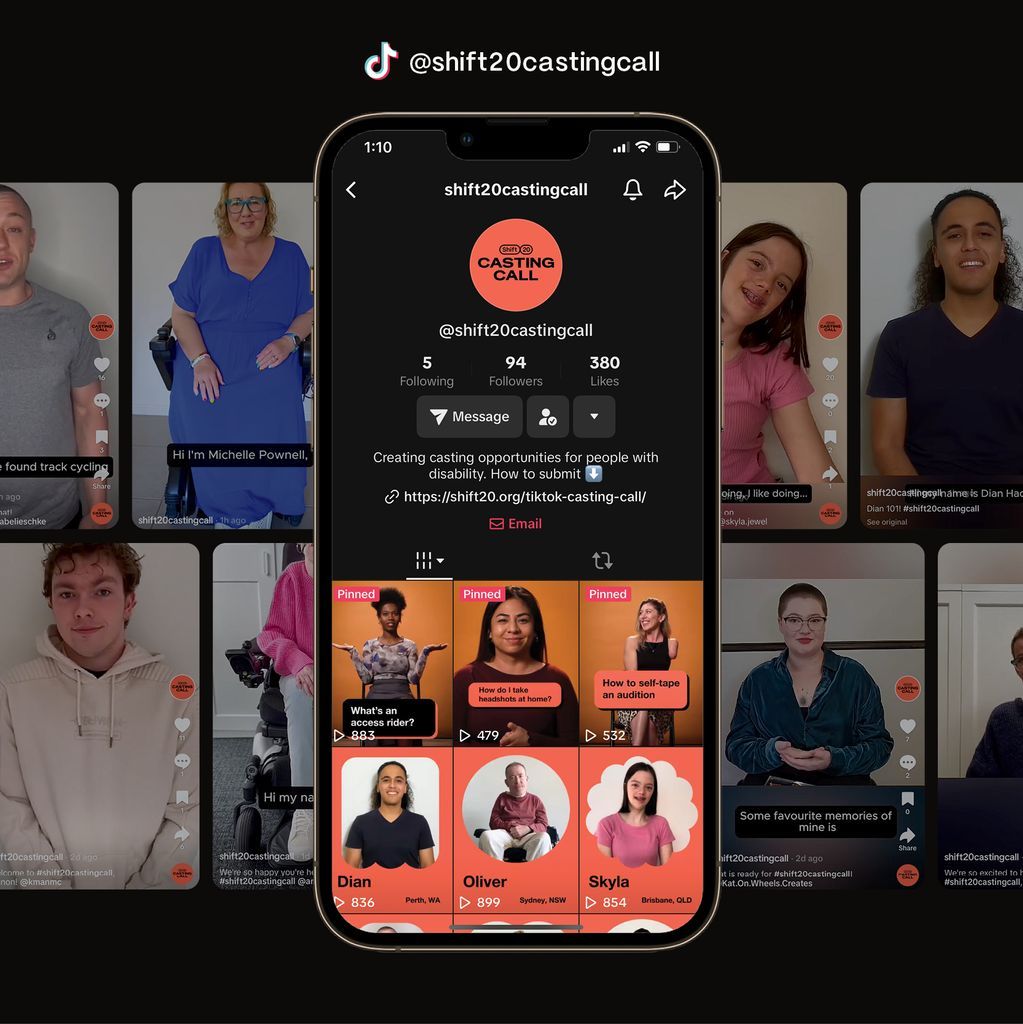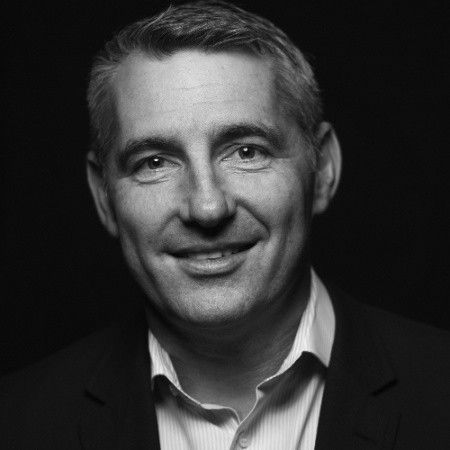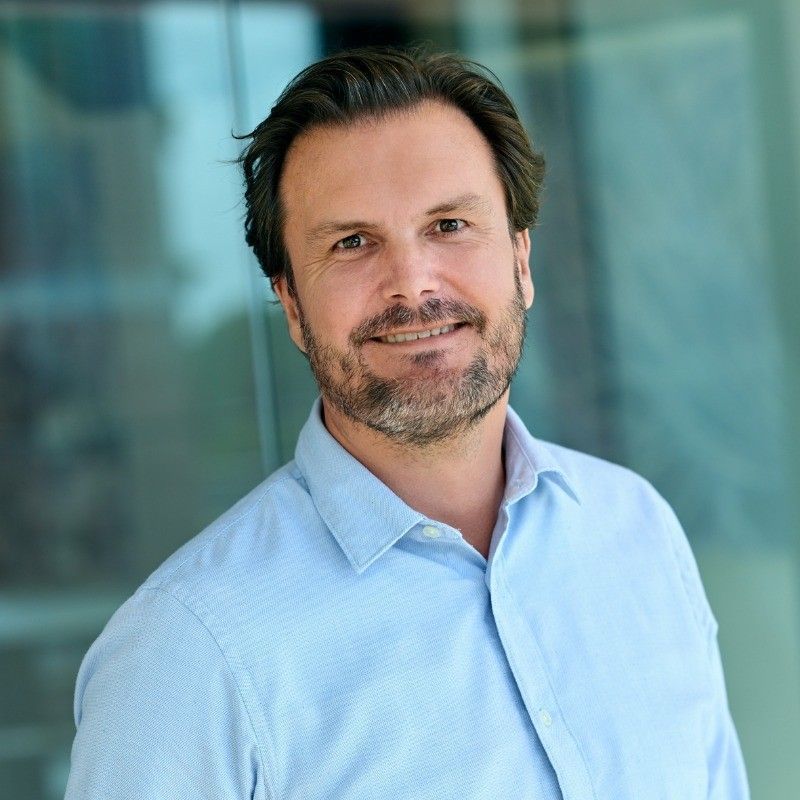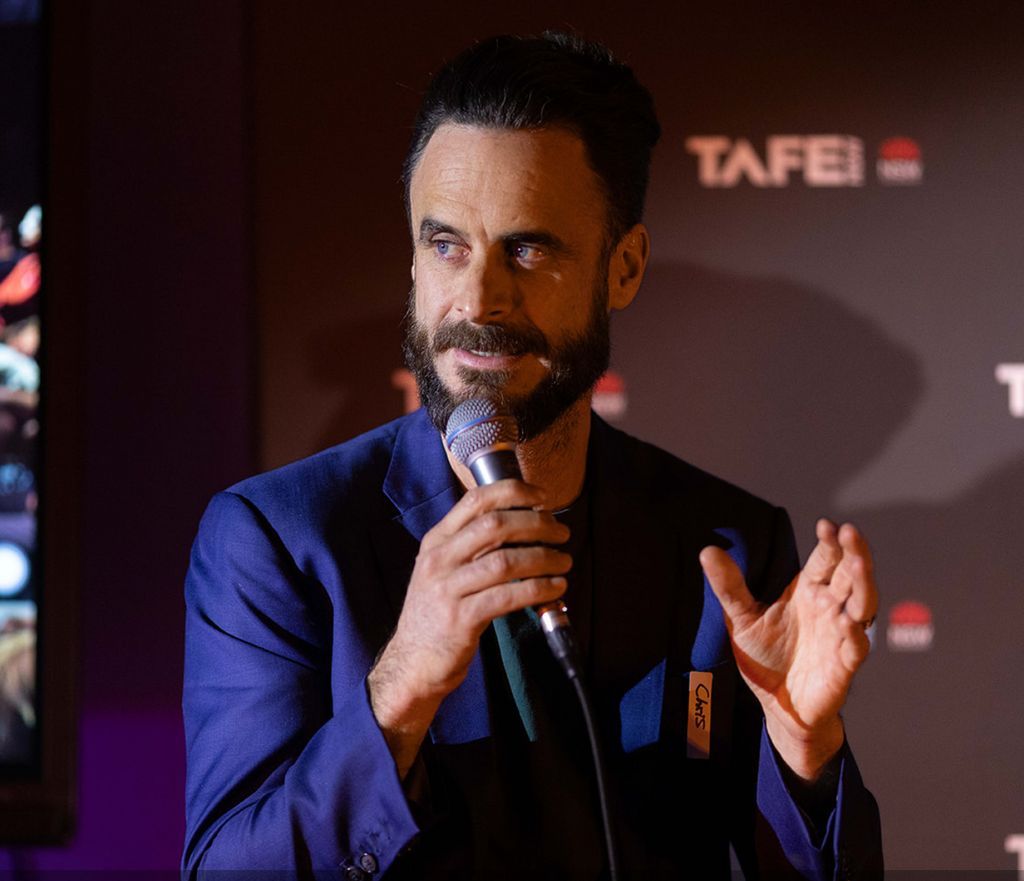

Image by DALL·E Pic: Midjourney
Editors' Note: Many Fast News images are stylised illustrations generated by Dall-E. Photorealism is not intended. View as early and evolving AI art!

Healthcare battle looms,
Costs and care in the balance,
Consumers caught in storm.

Private Healthcare Australia and Healthscope hostilities escalate as latest ad campaign on hospital insurance costs debuts
Private Healthcare Australia (PHA) has weighed in on a new national advertising campaign launched by Healthscope and its private equity owner, Brookfield accusing insurers of failing the country's health systems.
Healthscope's campaign is designed to pressure health insurers and the Federal Government into a bailout, and has been rolled out across radio, print and digital media from today. It's seen as a major escalation in hostilities between hospital operators.
Healthscope is threatening to terminate contracts with some health funds, suggesting this will increase costs for consumers receiving hospital treatment. As part of the campaign, it's noted almost three-quarters of private hospitals in Australia are losing money, as costs have risen. By contrast, insurers have recorded record profits ($2.2 billion in FY23) and have paid out less funds for members’ care.
Healthscope chief executive Greg Horan singled out Bupa and two non-profit insurers, Australian Unity and GMHBA as underfunding Australia's 38 hospitals. He also told the AFR while Healthscope hadn't yet walked away from talks with those insurers that determine how much the hospital group is paid for providing care, he would not rule it out. It is reported about 6 million people would face higher bills in Healthscope hospitals should the current funding deal fall over.
"Bupa and the Alliance insurers including Australian Unity are bleeding local private hospitals dry. Without an improvement to industry funding arrangements, there will be catastrophic impacts to the entire health system.
“A strong private hospital sector supports our hardworking public system. Regional private hospitals are also at risk, which will mean patients will have to travel further for care they should be entitled to in their local community."
According to Healthscope, Bupa paid out 81 cents in the dollar in FY23, while Australian Unity paid 70 cents in the dollar, compared to an industry average of 83 cents in FY23, down from 88 cents pre-pandemic.
“Hospitals, and the fantastic doctors and nurses on the front line, will not compromise on patient care and safety. If the funding from Bupa and the Alliance health funds like Australian Unity, doesn’t cover private hospitals’ costs, further cuts to services, higher out-of-pocket costs for patients or indeed hospital closures will become inevitable. This is unsustainable and without urgent action, ordinary Australians will suffer," Horan said in a statement.
“Consumers pay their insurance premiums with the expectation they will have access to privately funded care at their local private hospital. Without hospitals, the private insurance that 46% of all Australians pay handsomely for is virtually worthless.”
Healthscope operates some of Australia’s largest private hospitals including Prince of Wales (Sydney), Knox (Melbourne), La Trobe, National Capital (Canberra), Brisbane and Gold Coast, as well as critical regional health services.
Responding to the campaign launch, PHA attempted to reassure the public that genuine hospital cover will remain supported and Australians with health insurance that their access to private hospitals will not be compromised. PHA represents 21 Australian health funds.
"I want to reassure the 12 million Australians with hospital cover that health funds will not let hospitals in genuine areas of need close," PHA CEO Dr Rachel David stated. "Health funds are helping private hospitals recover from a difficult period, but we will not do anything that unnecessarily drives up the cost of health insurance in a cost-of-living crisis."
The PHA also took the opportunity to accuse Brookfield, which purchased Healthscope in 2019, with a goal to maximise profits for its foreign investors yet taking on too much risk and debt. According to the PHA, Brookfield has already returned more than $2.5 billion in profits from the sale of Healthscope hospitals to its North American owners. It also noted company reports filed by Healthscope in April reveal it has been underpaying Australian staff, denying them at least $21.7 million.
"Healthscope is the one threatening to charge consumers more, not health funds. It’s a disgrace they are threatening pregnant women and people with cancer with extra fees," Dr David added.
PHA said Healthscope has already received significant financial assistance, including multiple out of contract payment increases from different health insurers totalling tens of millions of dollars.
"We are holding the line to protect our members from rising premiums and out-of-pocket costs. We know Australians value their health insurance and we will do everything in our power to protect them from unnecessary costs," Dr David continued. “Health insurance continues to return more to its members than any other type of insurance, including car insurance and home and contents insurance. And many funds are investing in new services to deliver members more, including telehealth, ‘no gap’ hospital treatments with shorter stays, home based rehabilitation and mental health care, and home delivered medicines.”
The Federal Government is conducting a financial 'health check' of private hospitals. If the 'health check' demonstrates there are hospitals at genuine risk of closure in areas of need with no other private services, health funds will step in to prevent this. PHA said it needs to let the Government process run its course.
"Health insurers have returned more than $4.3 billion to consumers as part of their commitment not to profit from the pandemic which temporarily reduced access to health services. It is outrageous to suggest the Government, health insurers, and Australian consumers working hard to pay their health insurance premiums, should bail out a foreign private equity firm," Dr David concluded.
The latest data from the Australian Prudential Regulation Authority shows nearly 15 million Australians are contributing to their own healthcare via health insurance.
Partner Content from Salesforce
The AI Imperative: It’s Time for Financial Services to Embrace AI
How Trusted AI Opens Up New Possibilities for Customer Service










